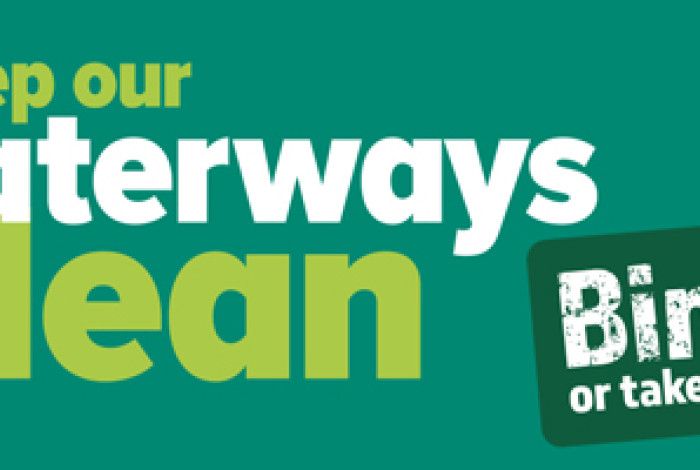Why conserve our water?
Australians are one of the biggest consumers of water per capita in the world. Since 1997, Melbourne has seen reduced rainfall levels, with 2006-07 being a drought year of record proportions.
Melbourne’s households and businesses have reduced their water use considerably since the 1990’s, but there is still significant further ongoing commitment and action required by all of our community, whether it be government, business or residents, to ensure our water supplies are secure into the future.
What is Council doing?
The City of Greater Dandenong is a large consumer of water and as such, has a number of roles to play in the community.
These include:
- Reducing its own water consumption to ensure efficient use of its resources
- Setting a credible example to the local community
- Actively promoting the methods by which water can be conserved or safely re-used
A number of targets have been set through Council’s sustainable water use plan Towards a Water Smart City. This strategy has set a target for a 25 per cent reduction in drinking water use by 2018 from the 2004-05 to 2005-06 average baseline of 267 ML.
Wise Watering
Council has used some innovative water management initiatives, including:
- Using recycled water from the Eastern Treatment Plant to water street trees around the city
- Reducing annual garden beds (which are water intensive and require daily watering) by 40 per cent during Summer
- Installing water efficient sprinklers
- Separately metering water consumption on all sports fields
- Increasing mowing heights of lawns to decrease lawn water use and stress
Council has also introduced drought tolerant grasses on 20 sports fields including Alex Nelson Reserve; Booth Reserve; Greaves Reserve; Mills Reserve; Noble Park Reserve; Police Paddocks and Shepley Oval. This initiative provides a saving up to 70 per cent of water used to irrigate ovals which have been converted.
Improving Water Quality
Every year, Melbournians make about 100 million recreational visits to our rivers, creeks and streams. Approximately one-in-three Melbournians live within one kilometre of a waterway. The over-allocation of water for human use and consumption, coupled with unsustainable land management, has resulted in serious degradation of waterway environments.
47 per cent of rivers and creeks in Melbourne Water's operating area are classified as being in poor or very poor condition. Ongoing problems include the loss of biodiversity, algal blooms, higher turbidity, the spread of aquatic weeds, bed and bank erosion and diminishing wetland environments.
Three main watercourses that flow through the City of Greater Dandenong are Dandenong Creek, Mile Creek and Eumemmerring Creek. Yarraman Creek is also significant.
To contribute to improved water quality, Council has installed four gross pollutant traps to key stormwater drains across the city. These traps are preventing rubbish entering the creek system. Their locations are:
- Clow Street, Dandenong
- Kernot Court, Noble Park North
- Alamein Street, Noble Park
- Heatherton Road (Mile Creek), Noble Park
These litter traps collect 10,000kg of litter annually. The traps prevents items such as cigarette butts, syringes, rotting vegetables, plastic bags, bottles, vegetation and thousands of other items from entering our creeks and finding their way to Port Phillip Bay.
What you can do?
Water Saving Tips
Save Water is Australia's leading source on water conservation. On their website you will find information on Melbourne's current water storage levels, as well as hundreds of tips on how you can save water in the home, garden, business or farm.
Protecting our Waterways
The Environmental Protection Agency (EPA) offers the following tips to help protect our waterways:
- Place your cigarette butts in the bin; don't drop them on the street
- Put your litter in a bin or take it home. All litter dropped on the street follows the same path; through the storm water system, to our beaches and creeks
- Compost or mulch leaves and grass clippings; don't leave them in the gutter. Check out our compost bins and worm farm page for information on getting started.
- Don't allow paint, turps or cleaners to enter drains. Check out our other waste and recycling options pages for information on how to dispose of these items
- Wash your car on grass or at the carwash. Don't allow detergents to enter the gutter
- Have building supplies delivered to your site. If left on the footpath, road or nature strip, the wind and rain will sweep pollutants into stormwater drains
- When cutting bricks and pavers, do it over grassed areas or a container that collects the sediment
- Report litterers





